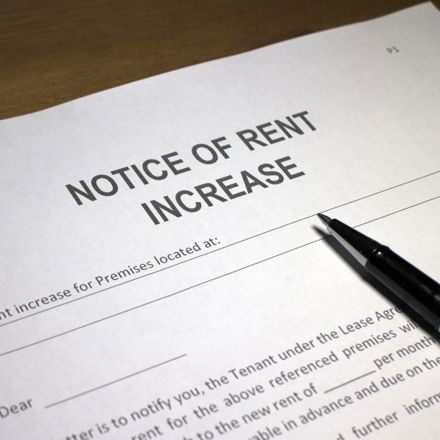For many tenants, an annual rent increase feels frustrating. But most of the time, these reviews are linked to costs landlords face in running a property. From council charges and insurance to upkeep and compliance, rent is shaped by factors beyond day-to-day profit.
What Landlords Pay Behind the Scenes
Every property comes with ongoing expenses.
While tenants see the weekly rent, landlords cover a range of bills that often rise each year:
- Council rates and charges: Local authorities adjust rates annually, often well above inflation.
- Insurance: House and contents cover keeps climbing due to natural hazard risks.
- Maintenance: Trades, materials, and compliance upgrades all add to the cost of upkeep.
- Finance: Mortgage interest remains higher than before 2020, even with recent cuts to the OCR.
Why Annual Reviews Are the Norm
Most tenancy agreements include a yearly rent review.
Councils, insurers, and banks also update their charges on an annual cycle, so landlords typically align rent adjustments to match.
How Rent Increases Can Benefit Tenants
It may not feel like it, but rent rises help maintain safe and healthy homes. They often go toward:
- Meeting Healthy Homes standards.
- Funding smoke alarms and insurance cover.
- Ensuring timely repairs and upkeep.
These measures protect both tenants and the property itself.
What Tenants Can Do to Prepare
Instead of being caught off guard, you can take practical steps to plan for rent changes:
- Ask when your next rent review is scheduled.
- Build annual increases into your budget.
- Have open conversations with your landlord or property manager.
- Check if you qualify for rebates or financial assistance.
- Consider a longer lease to agree on increases in advance.
For practical advice and handy tools, check out our Tenant & Rentals Hub and Tenant FAQs anytime.
Looking Ahead for Rent in 2025
With inflation easing and mortgage rates slowly tracking down, rent increases may become less steep. However, ongoing issues like council debt, climate impacts, and insurance markets will likely keep some upward pressure in place.
Conclusion
Rent reviews are part of the financial cycle of owning and managing housing. While they can be challenging for tenants, they reflect real and rising costs. Understanding these pressures helps you prepare, budget, and have better conversations with your landlord.
For more information reach out to our Oxygen Property Management Team




